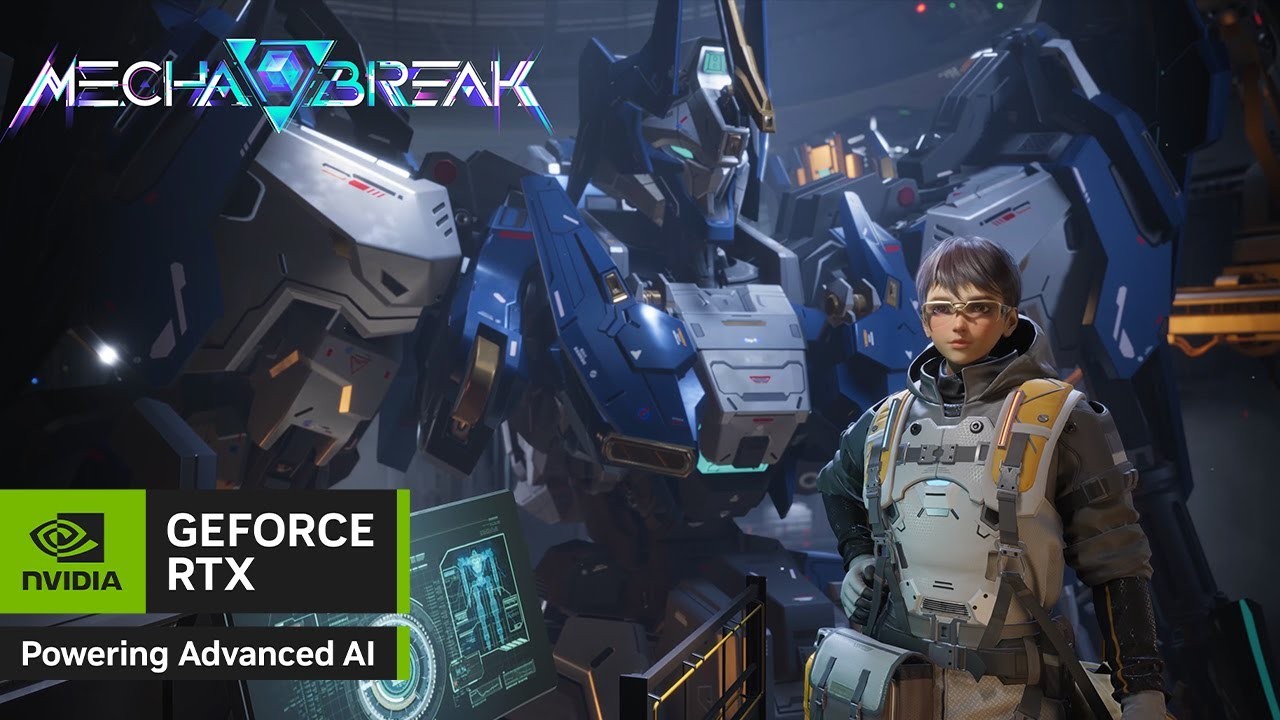
In an exciting development for the gaming world, Nvidia has unveiled its AI-powered NPC engine in Mecha BREAK, a multiplayer mech combat game. This innovative technology, known as the Avatar Cloud Engine (ACE), allows developers to create intelligent non-playable characters (NPCs) that can interact naturally with players.
Local Processing on RTX GPUs
What sets this implementation apart is its ability to run locally on any RTX GPU, from the entry-level RTX 2060 to the powerhouse RTX 4090. This wide compatibility is made possible by the Minitron 4B model, a lightweight version of Nvidia's ACE that requires only 2GB of VRAM. This is a remarkable achievement, considering that the original model, Nemotron, needs four A100 GPUs and potentially 160GB of VRAM.
Rapid Response Time
The local processing capability of Minitron 4B offers a significant advantage in terms of response time. While cloud-based AI models may take several seconds to generate a response, the Mecha BREAK NPC can reply in about 300 milliseconds, creating a more seamless gaming experience.
Natural Language Understanding
Nvidia ACE enables the AI NPC in Mecha BREAK to understand voice inputs from players, moving beyond pre-programmed responses. The system has demonstrated an ability to comprehend various accents, making it accessible to a diverse player base.
Current Limitations and Future Potential
While this implementation in Mecha BREAK is primarily a proof of concept, applied to a single NPC, it represents a significant step forward in AI-driven gaming experiences. The responses from the AI NPC, while impressive, still feel somewhat artificial compared to human interactions. This is likely due to the compromises made to ensure widespread compatibility across devices.
Implications for the Gaming Industry
The introduction of Nvidia ACE in Mecha BREAK marks the first real-world deployment of this technology. If well-received by players, we could see a growing demand for AI-driven NPCs in future games. This could lead to more dynamic and personalized gaming experiences, with NPCs developing unique backstories and personalities through AI.
As the technology evolves, we may witness a transformation in how players interact with game worlds, potentially blurring the lines between scripted characters and AI-driven entities. The success of this implementation could pave the way for more immersive and responsive gaming environments in the years to come.